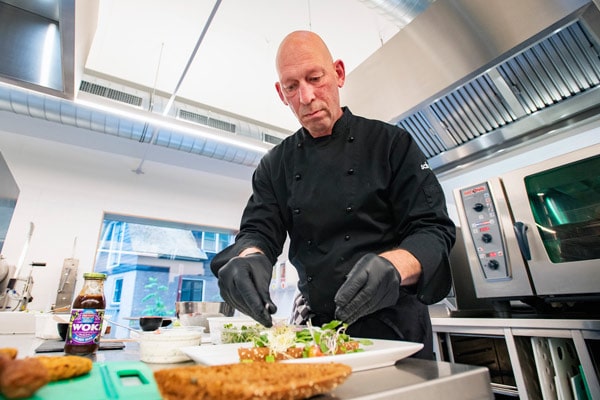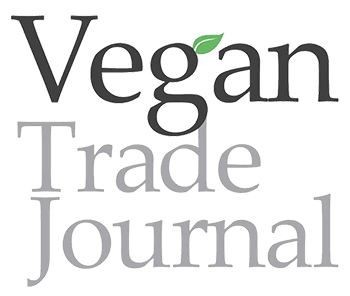Schouten and Grassa collaborate on development of plant-based meat substitutes made from grass protein
Two European companies are embarking on research to develop the use of grass protein
The collaboration has been made between the Netherlands-based family company Schouten Europe and the Dutch company Grassa.
Schouten has pioneered the development of plant-based meat substitutes since 1990, and now supplies its extensive range of meat and fish substitutes, under private label, to more than 50 countries.
Grassa is already producing protein from grass in its demo factory in Afforded. This grass protein is currently used as animal feed, but Grassa has tested and developed technologies to extract protein from grass that is suitable for human applications.
Schouten Europe and Grassa will now work together to research and test the potential uses of grass protein in meat substitutes over the coming years.
Rieks Smook of Grassa: “We already collaborate within the animal feed sector and are very pleased that we have found an exclusive partner in Schouten Europe for the application of grass protein in human nutrition.”
The transition to more plant-based proteins
In response to heightened demand for plant-based proteins, in 2018 the European Commission called for an increase in self-sufficiency and fewer imports of protein-rich crops such as soy.
Following the European Commission’s protein report, the Dutch government presented the National Protein Strategy for the Netherlands in 2020.
This strategy aims to increase self-sufficiency in plant-based proteins over the next 5-10 years. It aims to do this in a sustainable way that contributes to the health of humans, animals, and the natural environment.
Grassa’s process of extracting protein from grass is mentioned in the National Protein Strategy and is seen as a promising innovation to produce local plant-based protein.
The collaboration between Grassa and Schouten Europe is in line with this and provides a direct link with the human consumption of grass protein.
“As a pioneer and innovator in the meat substitute market, we are always looking for interesting protein sources that can contribute to the protein transition,” says Henk Schouten, owner of Schouten Europe.
“We are very interested in protein from grass,” continues Schouten. “It is our ambition to use sustainable and local ingredients in our products.
“The partnership with Grassa is, therefore, a great step for our company. In the coming years, our product developers will investigate the applicability of grass protein in meat substitutes together with Grassa.’’

The potential benefits of grass protein
“Grass protein has massive potential,” says Rieks Smook, director of Grassa.
“Grass yields 2.5 times as much protein per hectare as soy. Grass supplies are readily available. Grass protein is a high-quality, local and scalable alternative to soy. When compared to other protein sources, it provides a huge reduction in the carbon footprint.”
Grass protein has already been demonstrated to have major environmental benefits in comparison to soy.
In addition to yielding 50 per cent more protein within the same amount of land use, the utilisation of locally sourced grass protein also reduces the transportation of imported soy.
Seeking approval
Grass protein falls under the label of ‘Novel Foods’. These foods or ingredients must be checked for safety by the European Food Safety Authority (EFSA) and can only enter the market once they have been approved.
Grassa and Schouten anticipate that grass proteins will be approved for human consumption. This is why the two companies are jointly investing in research and product development now.

